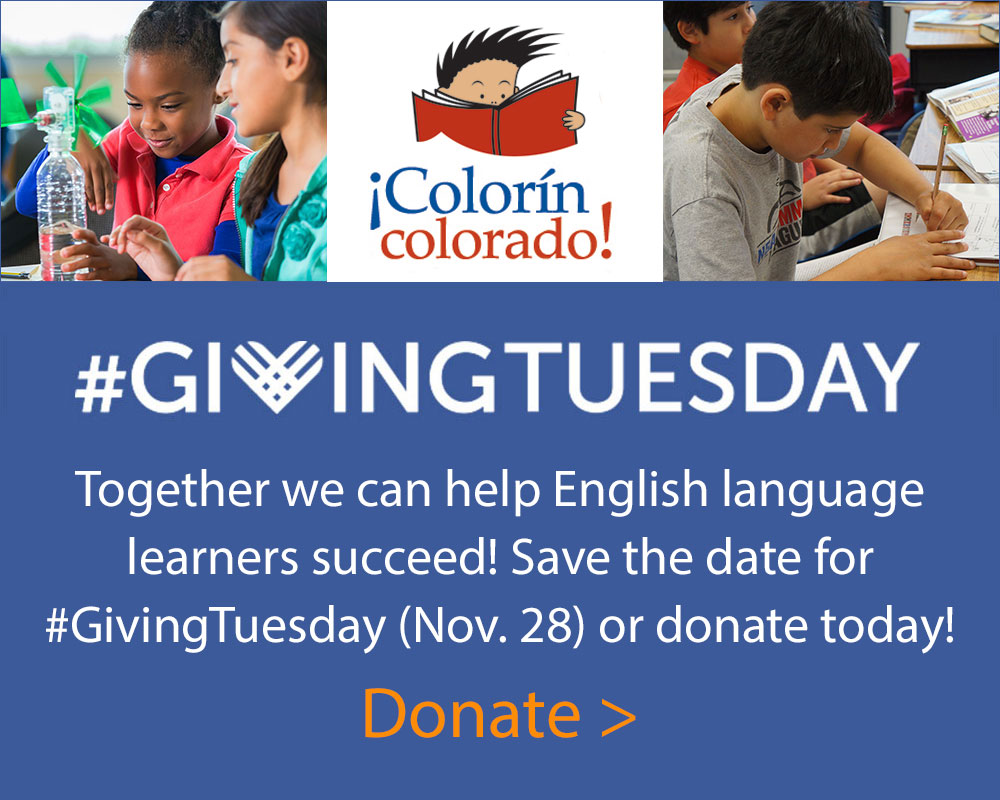Even when your child is still a baby, there are things you can do to help him learn! The first three years of life are very important in developing your child's mind and abilities.
Here are some ways to give your child an early and strong start:
Talk to your child all the time
Beginning with the day your child is born, talk to him or her whenever you're together. When you're making dinner, cleaning, or going somewhere, let your child hear you talk about what you're seeing, doing, or thinking. As your child gets older, ask questions and engage him or her in conversation.
Say rhymes
Rhymes are fun to listen to and they help your child hear the different sounds in words. Say rhymes like this one, written by musician Jose-Luis Orozco:
Bate, bate, chocolate,
tu nariz de cacahuate.
Uno, dos, tres, CHO!
Uno, dos, tres, CO!
Uno, dos, tres, LA!
Uno, dos, tres, TE!
Chocolate, chocolate!
Bate, bate, chocolate!
Bate, bate, bate, bate,
Bate, bate, CHOCOLATE!
Listen to "Bate, bate, chocolate" on another website, as well as "Un gato" and "Sana que sana."
Sing songs
Children love to hear people sing. Songs have rhymes and rhythms that help them learn. Here is one lullaby:
Duérmete, mi niño
Duérmete, mi niño,
duérmete solito,
que cuando despiertes
te daré atolito.
Duérmete, mi niña,
duérmete, mi sol,
duérmete pedazo
de mi córazon.
Listen to "Duérmete, mi niño" on another website, as well as "Arroz con leche," "Los pollitos," "Arrurrú mi niño," "Los elefantes," "La rana," "De colores," "Las mananitas," and "El toro torojil."
Or you can visit Amazon.com to listen to audio clips from "Diez deditos," a fun children's CD by Jose-Luis Orozco.
Tell stories
Tell your child a story you already know or just make one up! It could be a folk tale, stories about your family, funny stories, or any story you both like.
Give everything a name
Tell your child what different things are called and explain what they do. Say things like "This is a phone. We use it to call grandmother." Or "This is a clock. We use it to tell the time." When talking to your child, use the names of things instead of words like "it" and "that."
You can also put labels on things in your home — the labels would say "Chair" or "Table" or "Doll." You can also play games that involve naming things. Ask your child, "Where's your nose?" and then, "Where's Mommy's nose?" Then touch your child's nose and say, "What's this?"
Point out words in the world
Show your child all the words you see while driving, walking, or taking the bus. Point out the word "stop" on a stop sign, for example. Ask your child to find a new word every time you go out. This helps your child notice words and letters.
Read together every day
Once your child is six months old, read to him or her for at least 15 minutes each day. Experts say this is one of the most important things you can do! Make reading together a warm and loving time. See the page on Fun and Effective Ways to Read with Children for ideas.
Listen to your child, too
Pay attention to what your child says, even if he or she is just a baby. Look your child in the eyes and show that you've heard him or her. This encourages children to keep trying to use words.








Add new comment